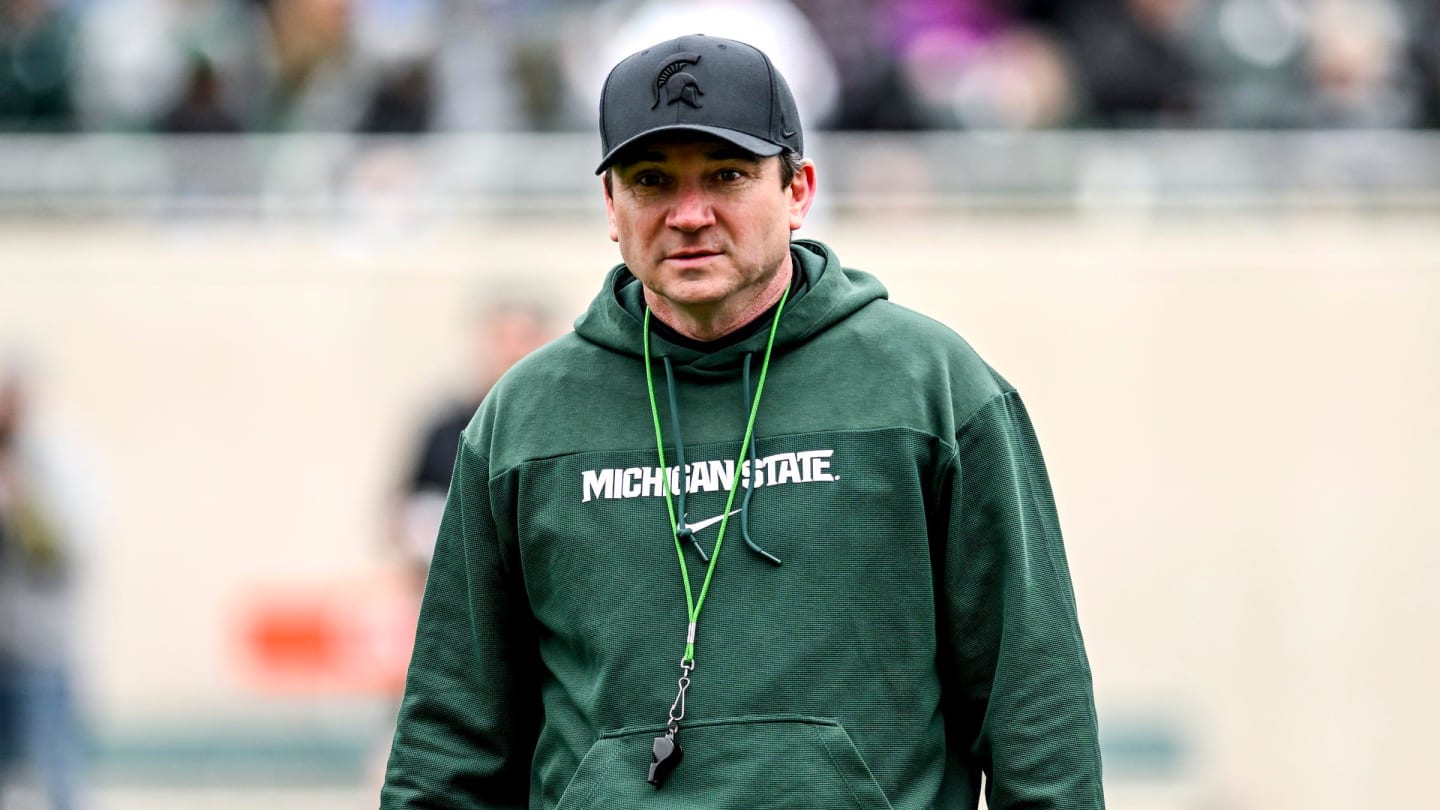Love and community are the secret ingredients that bring every element of Dakar NOLA together

A comfort meal extends beyond the moment it is consumed; it spans weeks, months, and even decades of nostalgia. Even when that particular dish is no longer in front of us, we savor every memory of the unique flavors that continue to linger as a core memory in our minds. It might be a gooey pan of mac and cheese from that one friend who gets the cheddar to noodle ratio right every time, or Grandpa’s recipe for buttermilk biscuits that no one seems to remember. Still, those memories of a delicious selection change our brain chemistry in such a comforting way that some people want to conjure up that feeling again and again. It’s these memories that create foodies and the most intense culinary experiences. Luckily for us, that desire has been a driving force in Chef Serigne Mbaye’s dynamic career.
At just 30 years old, Mbaye is the embodiment of a standout chef. From his technique to his love of gathering around a meal, the winner of the 2024 James Beard Award for Best New Restaurant has rightfully earned a place in the rankings of the culinary world’s new generation of Black chefs. Most importantly, he was able to identify gaps in the culinary landscape and craft a vision of inclusivity, communal camaraderie, and simply delicious food. His ambitions for a West African tasting menu concept were so massive that they garnered widespread attention, first from his managing partner, Dr. Afua “Effie” Richardson. Richardson was so inspired by Mbaye’s commitment to creating a place like Dakar NOLA that she gave up her career as a pediatric dentist to join him on this journey full-time.
Named after the capital of Senegal and reflecting Mbaye’s childhood, the restaurant is a labor of love that is reflected in the dishes they create. From the service to the kitchen, the spirit of community and collaboration is palpable throughout Dakar NOLA, which is located in the heart of Magazine Street in New Orleans. Upon entering the establishment, one immediately senses a warmth that is expressed in the intentional greetings of the staff and the stunning ambiance created by the decor, which is sourced locally and internationally. The limited hours and seating not only add to the exclusivity of the establishment, but also allow for ample attention to be paid to every detail. Additionally, the community aspect doesn’t stop with the dynamic between customer and staff. Mbaye intentionally works with various community partners—such as local farmers’ markets and the pottery shop Potsalot Pottery next door—to ensure that this inherent love is felt and tasted when visiting Dakar NOLA.
Chef Mbaye gave EBONY a tour of the esteemed restaurant and shared more about his love of community, which is reflected in the dishes he and his dynamic team prepare. We even managed to get away from the highly coveted waiting lists and snag a front-row seat on one of the weeknights to try out this gastronomic storytelling for ourselves. From the rich okra soup with palm bread and Dakar spiced butter to the final dish – a dreamy dessert of baobab and honey – this occasion was a testament to how powerful the gift of a comfort meal can be.
What goes into putting together the plates and menus at Dakar?
Chef Serigne Mbaye: I like what’s available. If you like peaches, in-season peaches can be very sweet. If you want to eat peaches out of season, they’re not going to taste as good. So I love the ingredients, no matter what they are. That’s the most exciting thing for me. For example, we have pumpkins that just come from the farm; they were harvested a few hours ago. You bring them to the restaurant, roast them, cut them up and taste the flavor. They’re not frozen and all of our producers are organic, which has a big impact on the flavor. To answer that question, I would say my favorite dish is whatever is in season and makes a dish I grew up with in Senegal taste good.


Are there any favorite dishes that you generally like to prepare?
As for my favorite dish, it depends on who I’m cooking for. When I’m cooking for myself, I want a one-pot meal, no matter what it is. When I’m at home, I don’t want to make too many dishes because I already make too many at work. At home, I just want to relax. I want to put something on that I can check on every five to eight minutes. Once I get it going, I can let it simmer for hours. Whether it’s rice, stew, or soup, for me, one-pot cooking is king. I think that’s the only way to build love. Relationships work with two committed people, not 15 random others trying to enter into the same relationship. For me, the same goes for food. When you focus on all your best ingredients in one pot, that’s love on the spot.
What excites you most about being able to prepare stunning and delicious meals at Dakar NOLA?
I feel honored that people choose us to celebrate and want to be part of their lives for two or three hours. It means a lot to me. Many people come to this restaurant excited to meet me, try the food and get to know the concept. They leave happier than when they came. Often people want to hug me at the end of their meal. I see people crying every night. It’s just great that I can be part of their lives for a few minutes, help them forget their worries and celebrate, and share my culture and cuisine with them. It’s beautiful.
Is that why you wanted to become a chef?
I wanted to be a chef because my mother owned a Senegalese restaurant in Harlem before I was born. The restaurant closed before I was born, so our house became a restaurant in a way. As a child, my father always said that when I was three or four years old, when guests came in, I would always go to the fridge to get a glass of water or whatever they needed because I just wanted to be part of the hospitality.
But when I was five, everything changed. My parents decided to take me to Senegal and I stayed there for almost a decade. When I returned, I didn’t speak any English, and through food I was able to bond with my mother and make up for lost time. This inspired me because it showed me that I could build a connection with her just by washing dishes, peeling shrimp or peeling garlic.
How did your community and culinary experience work together to realize your vision for Dakar NOLA?
When I was looking for a job, I applied to work at McDonald’s on 14th Street in New York because I studied at Washington Irving School in Union Square. They didn’t hire me because I didn’t speak English well enough. It was easier for me to get a job as a dishwasher. Before, people respected the chef every time he came in. In my head, I was thinking, “Wait a minute. He’s just cooking food. I want to be respected like that one day.” So that was always in the back of my mind. But the more I cooked, the more I realized that I wanted to cook the food I grew up with, the food that fed my soul, the food my mother made every day.
Not only our staff, but the farmers and the tableware are an integral part of this restaurant. Every plate we serve food on was designed by me in collaboration with a neighboring pottery, Potsalot Pottery. This restaurant is all about community, that’s how I grew up and that’s how I think food should be celebrated. Everything in life should be about community.


Why was it important to you to represent Senegalese food and culture in the culinary field?
I wanted to cook this food at a gourmet level but couldn’t find it anywhere. I gave myself the responsibility of opening a West African, more specifically Senegalese, fine dining restaurant. Even though gourmet food is just a concept, I believe that West African food should be respected just as much as other cuisines like French, Japanese and Italian. I have worked in beautiful Michelin-starred and top 50 restaurants in the world but never found West African gourmet food. So I had to create it. This mission allowed me to open this place and combine what I learned from my mother, what I learned in Senegal and the experiences I have gained over the years to share with the people of New Orleans. I have been here for eight years and this city has truly embraced me as one of its own. It is the perfect city, place and time to be celebrated and cook food that has a meaningful impact on the community.


To what extent does the James Beard Award recognition confirm this work at the Dakar? How important is this recognition?
Winning the James Beard Award for Best New Restaurant still feels like a dream. I wake up around 5 or 6 in the morning and think, “I can’t believe I’m running a James Beard Award-winning restaurant.” I moved to New Orleans eight years ago to work at Commander’s Palace because they had a James Beard Award-winning chef. That experience motivated me to keep going.
Now I cook the food I love, and winning Best New Restaurant makes me realize how hard I worked for it. It shows that it is possible for African Americans and Africans to cook food that they enjoy. When I started in the industry 12 or 13 years ago, I didn’t see chefs like me in James Beard-winning restaurants cooking the food they grew up with.
This recognition is a joy and I try to enjoy the ride while working even harder. More and more people are coming to us with higher expectations, which I love and respect. They are researching who we are and what kind of food we cook, which is something I have strived for my whole life. To achieve this goal at 30 is a dream come true.



